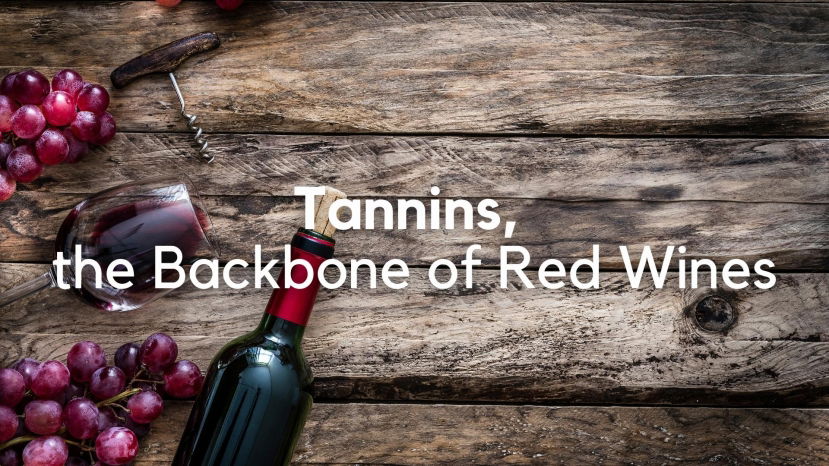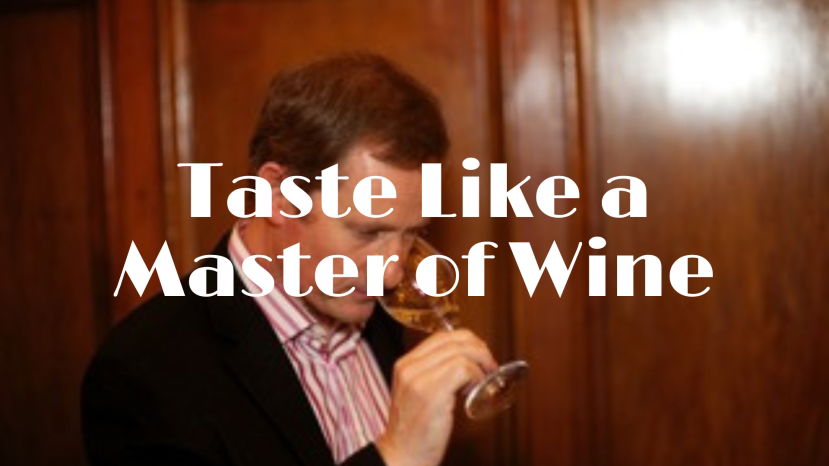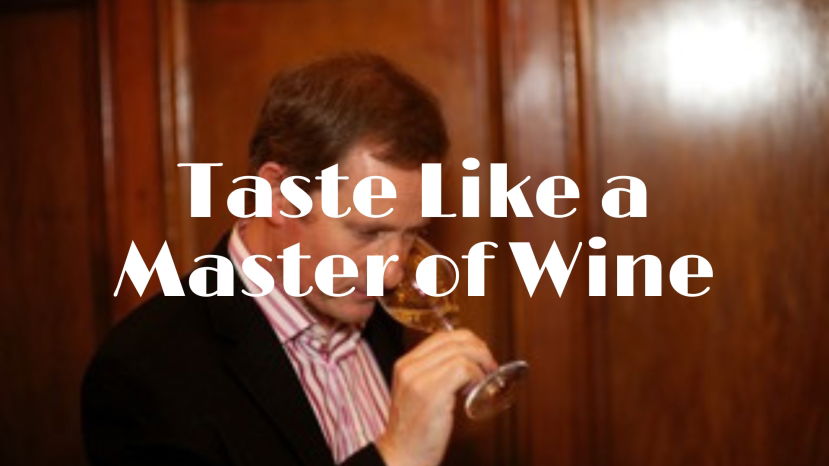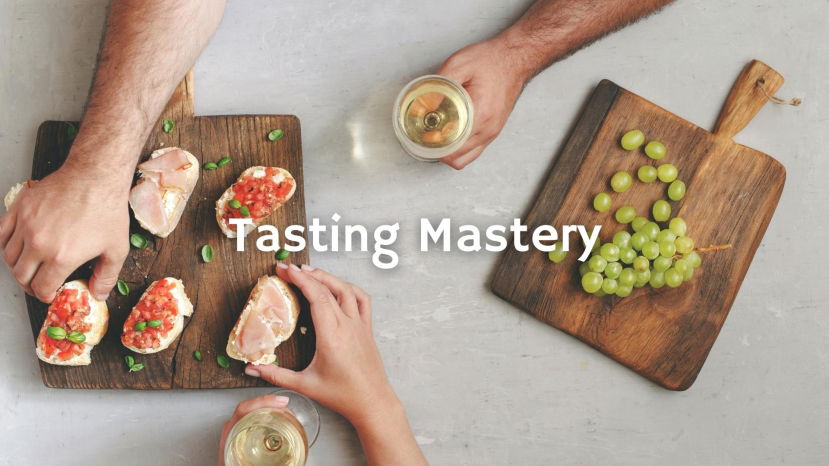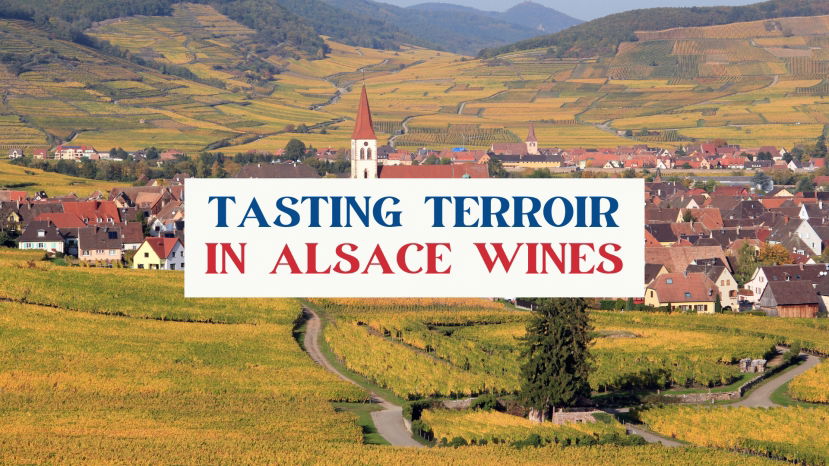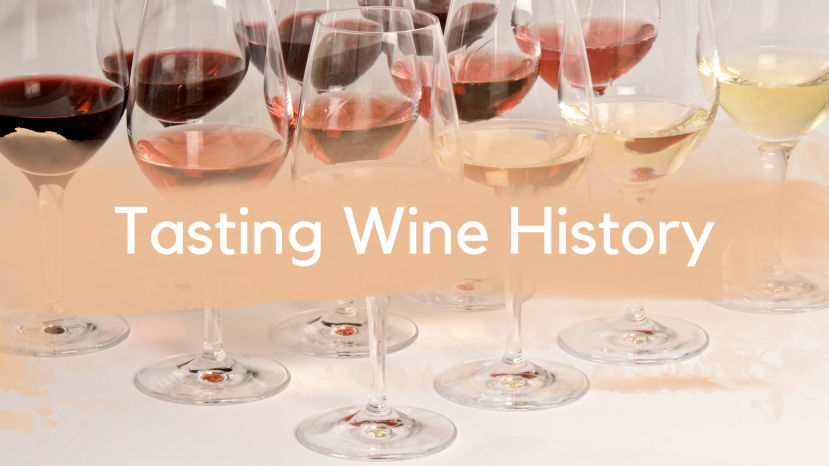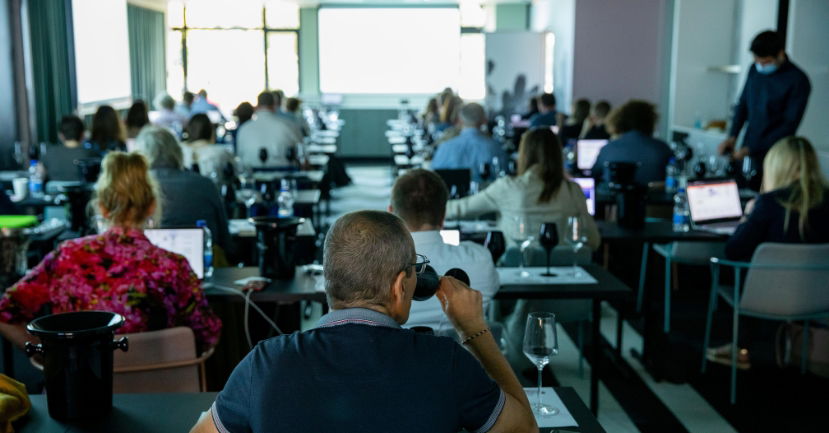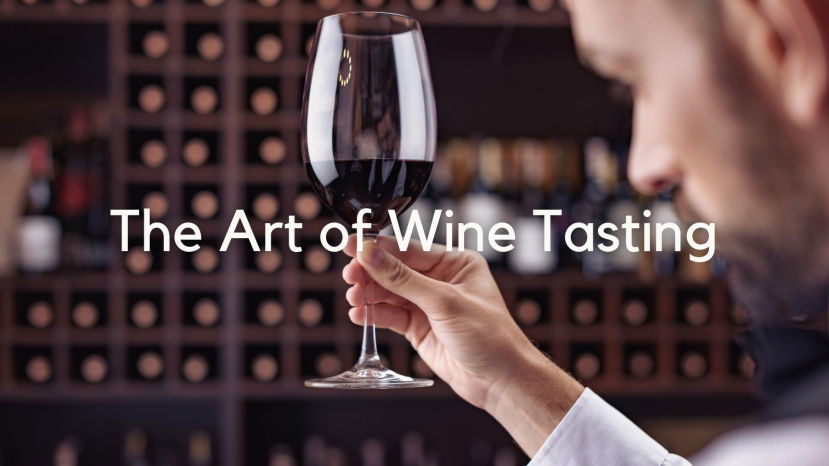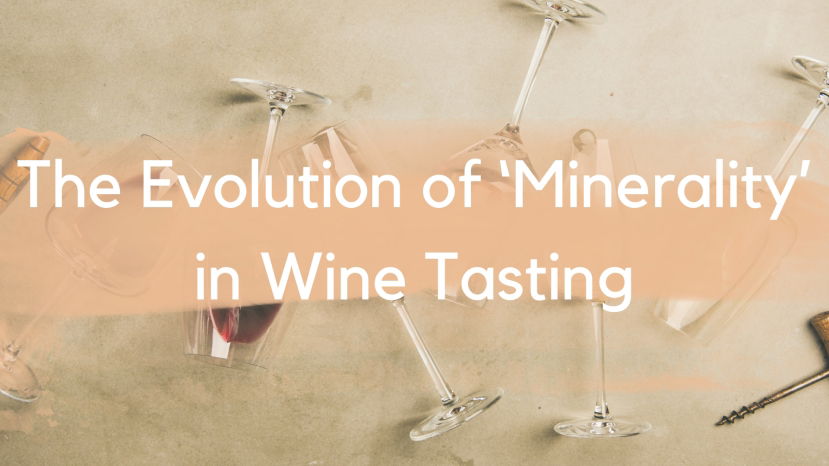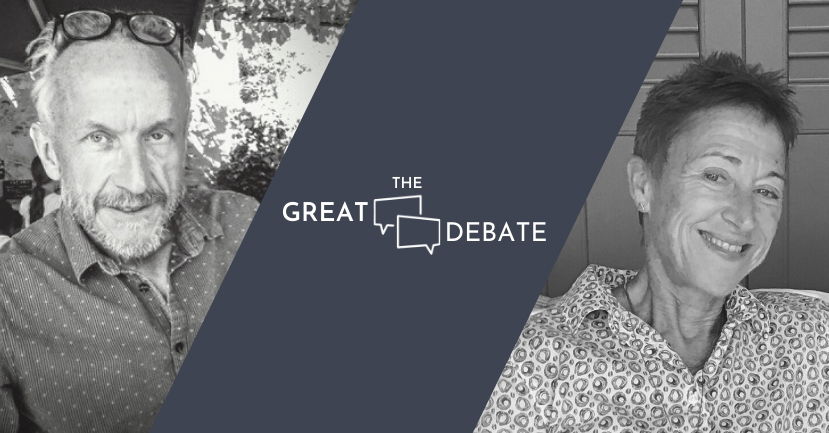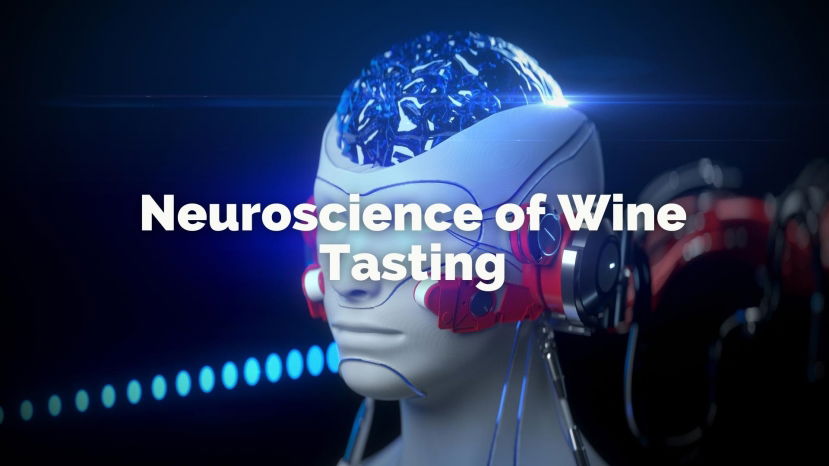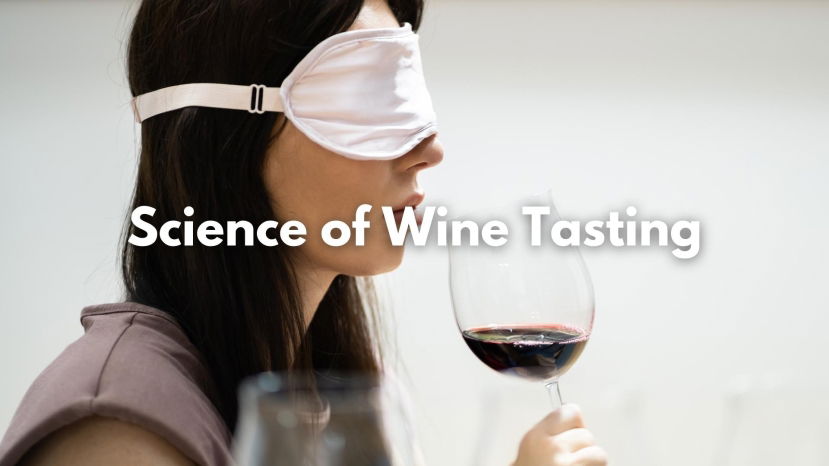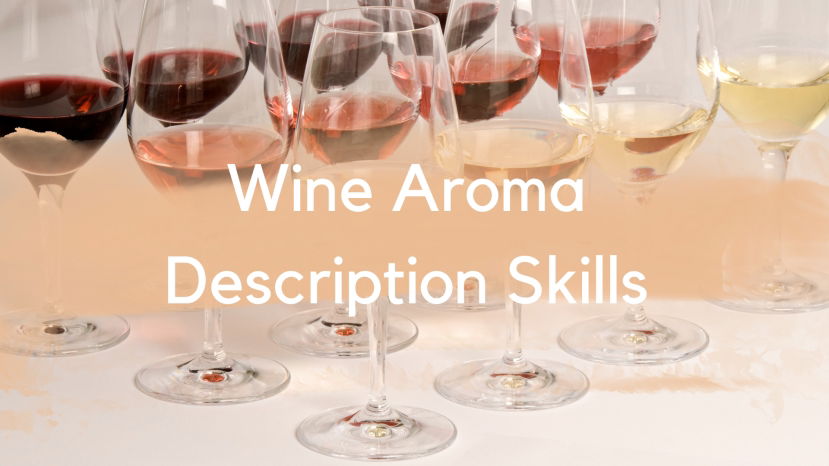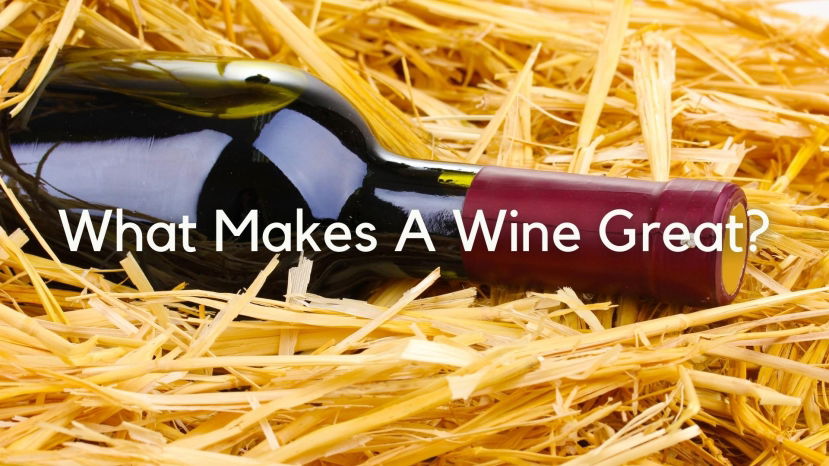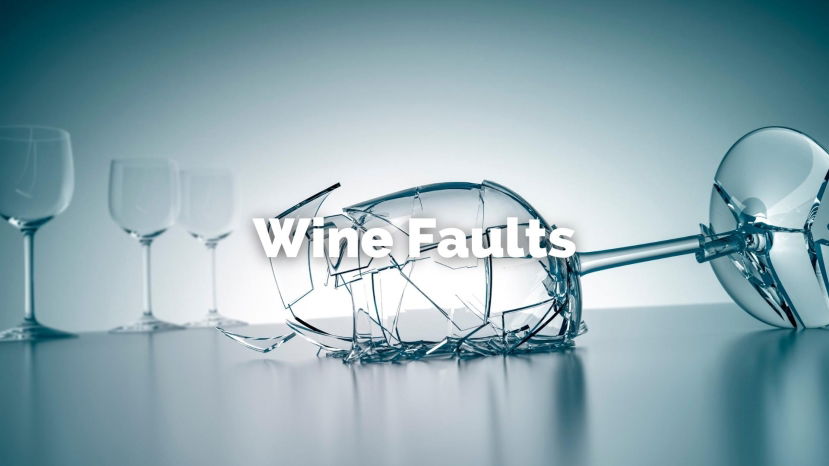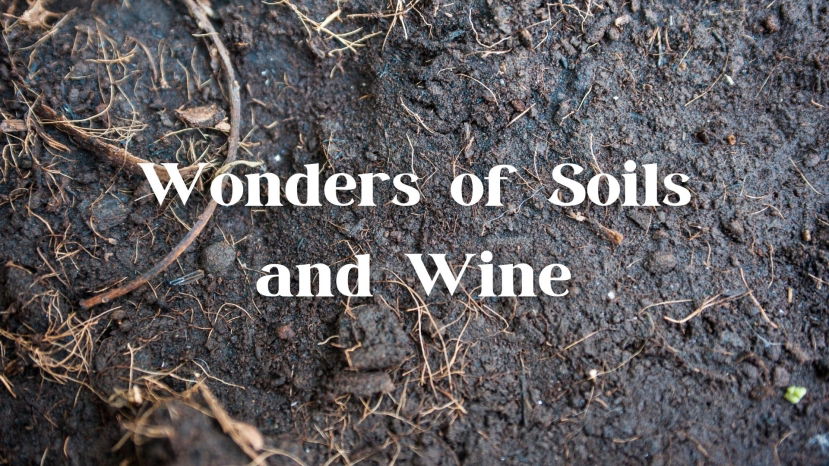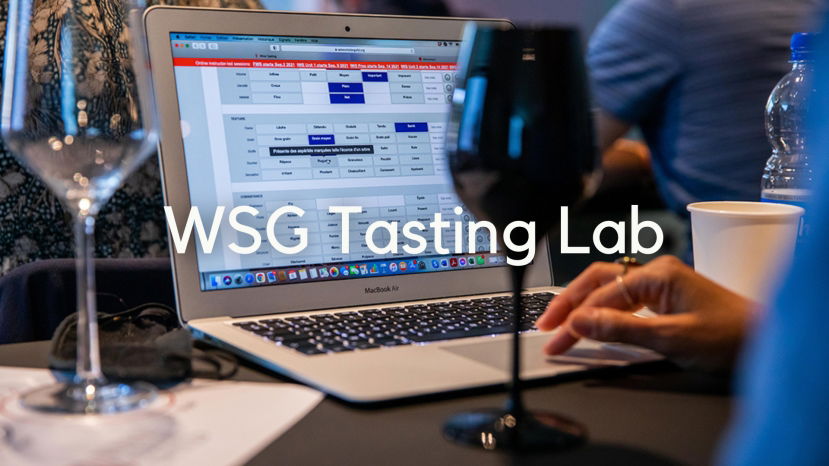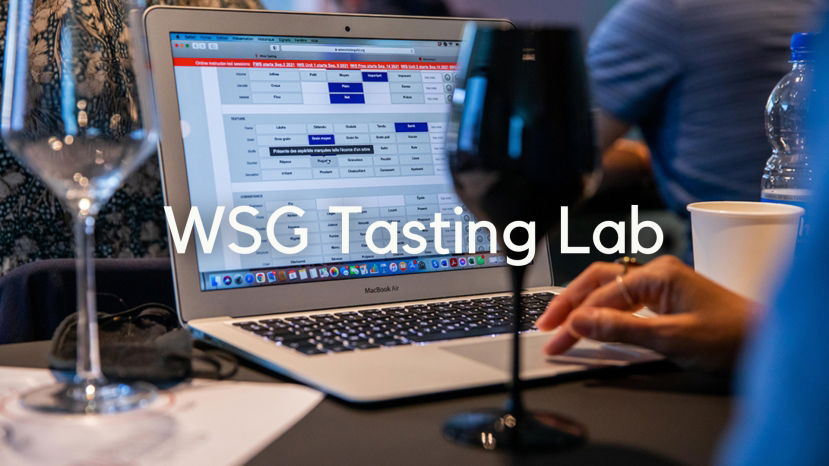BLOG
wine tasting
Summary: During his presentation, Dr Kennedy will explore the wonderful world of red wine tannins. Crafting well-balanced, perfectly extracted red wine takes time to master. Beginning in the vineyard and ending in your wine glass, he will explore this fascinating group of molecules and the factors that influence their perception. Presenter: James Kennedy
Summary: A session aimed at those who are curious about what tasting like a Master of Wine actually involves. How does it differ from other established methods and can anybody do it? We will look at how to build on your existing wine-tasting knowledge and try two wines during the session to illustrate the approach. Don’t feel you need to be an MW student to register for this webinar, it is aimed at all levels! Matthew will be tasting two wines during the seminar
Summary: The third in our series of tastings like a Master of Wine. This session follows on from the previous two episodes of WSG Live : Taste Wine like an MW I, Taste Wine Like an MW II. No problem if you missed those, there will be a short recap on how
Summary: With the help of behavioral scientist Tim Hallbom, Tim Gaiser worked to deconstruct his own internal wine-tasting strategies. Gaiser has since taken this experience and expanded it by conducting his own research with other top tasters in the industry. Combining his understanding of wine tasting and behavioral strategies, Tim has unlocked the hidden code of expert wine tasting. Presenter: Tim Gaiser MS Tim Gaiser is an internationally
Summary: Alsace vineyards are one of the most renowned vineyard in the world, but difficult to define because of its geological complexity and numerous grape varieties. Through the grape variety, we will look at taste profiles that come from different soil types. Presenter: Romain Iltis MOF Romain Iltis is a French sommelier from Alsace who has won multiple awards including Best Sommelier of France 2012, Master of Port 2008 and "Meilleur Ouvrier de France", a
Summary: This webinar will explore wine throughout the ages: what it meant to people, what viticulture and winemaking techniques they used, and what it tasted like. Students will learn about the development of wine styles throughout history and discover contemporary wines which employ ancient techniques. By understanding the historical context of various historic winemaking methods, students can imagine what people throughout history might have tasted and how they might have
On the 6th of September 2021, Wine Scholar Guild hosted the first large-scale blind-tasting panel as part of its recently announced The Architecture of Taste Research Project. Hosted at the Bristol Hotel in Colmar, Alsace, this panel tasting launched WSG’s research on the tactile and geosensorial tasting approach it developed over the past year. The tasting was designed specifically to assess the experimental and innovative tasting grid that had been developed as part of the Architecture of Taste Research Project. Its eventual aim is a tactile and geosensorial tasting method which focuses on a wine’s energy, induced salivation, geometry/shape, texture, and consistency. Such a tasting method would provide students of wine with an enriched and universal lexicon that not only assesses the qualities of a wine but also dives into the nature of a wine’s personality and, perhaps, its corresponding terroir signature. The panel of tasters included owners or representatives of twenty top Alsace estates such as Albert Boxler, Weinbach, Marcel Deiss and Albert Mann. They were joined by a dozen wine professionals, including Pascaline Lepeltier MOF, a member of the ATRP Scientific Committee, as well as a dozen serious wine lovers. All in all, over 45 panelists participated in the tasting.
Summary: Learn about the physiology of taste, analytical/descriptive and deductive/blind tasting technique. Gain confidence in your descriptions and learn what types of wine you enjoy most. The session will make the topic approachable for beginners and give advanced tasters new ways to look at their techniques. Presenter: David Glancy MS This webinar will be led by Master Sommelier David Glancy, Founder and Chief Education Officer of San Francisco Wine School -
Summary: This seminar explores the history, evolution and application of ‘minerality’ in wine tasting notes. In the rich lexicon of wine terms that have developed in the modern era, few have proved more important, and more divisive, than this one. Justin conducted a content analysis of more than 20,000 tasting notes published in the UK’s Decantermagazine from 1976-2019, to chart for the first time the possible origins of the term, how and when
Few, if any, moments in wine are more dramatic than when a producer decides it is time to pick fruit. Whether they rely upon a Brix reading, a visual cue from the grape seeds, or the finely tuned instrument of their own palate, making the call to harvest a plot of grapes is a decision fraught with consequence. Get it exactly right and you can have a legendary vintage. Get it wrong, and nothing that follows from the vine to the winery to the bottle can make up for an ill-timed harvest. “Ripeness is balance at its apogee,” notes Julia Harding, a Master of Wine, wine critic, contributor to JancisRobinson.com, and the co-author of the often-referenced book Wine Grapes. Yet given the frequency with which “ripeness” and “balance” are used as terms in wine discussion, it is worth our time to take a step back and try to find a consensus on what they actually are (or even, if they are the same thing), and the ramifications this may hold for our sensory perception. As we discovered, defining where that apogee of balance lies can be exceedingly difficult. Balance “resists codification,” says wine writer and Wine Scholar Guild Academic Advisor Andrew Jefford. “It varies culturally; it varies by individual; it varies by region and by variety.” For our latest Great Debate, Andrew Jefford and Julia Harding tackle the finer points of ripeness and balance in wine. Their back-and-forth covers a lot of ground: how to decipher balance on the palate, the differences between tasting wine and drinking a wine, putting the value of alcohol levels into context, the role climate change is playing in defining our sense of taste, and even the dangers of allowing one’s intellect to override the sensual response. All of it, Jefford suggests, is in a quest for, what he calls, “resonance.” While we may not have arrived at any convenient new truisms, in the end, wine’s remarkable ability to reveal the harmony of nature is — at least for now — something we can all agree on.
Summary: Your brain —and all its sensory extensions in our eyes, nose and mouth— is your essential “tool” to perceive, remember and judge all the sensory components of wine. But do you really know how your wine-tasting “tool” works? Current advances in neuroscience are profoundly modifying our knowledge of the sensory and cognitive mechanisms of wine tasting and invite us to revisit the art of tasting. Bridging the gap between oenology, psychology and neurophysiology,
Summary: Wine tasting is an unique perceptual experience which endeavors to unify the numerous molecules present in the wine (and the elements around the wine) into a meaningful representation in our mind. Wine tasting often focuses on the object of the experience, that is
Summary: Have you ever struggled to find words to describe wine aromatics? Being able to associate a name with an aromatic sensation is not innate. It's a learned skill, but so challenging to acquire. This webinar reviews the main reasons for this challenge: your olfactive sensitivity, cultural upbringing, and a lack of appropriate practice. You will learn the
Summary: Wine appreciation is subjective. We either like a specific wine or we don’t. But how we FEEL about a wine is not necessarily a reflection of its quality level. In this webinar, we’ll remove the veil of subjectivity and explore the structural components inherent in all wines of quality. Does price factor into the matter? Find out in this eye-opening
Summary: From what causes oxidation, reduction and heat damage to H2S and brettanomyces, join this webinar to learn how these faults occur and whether or not they can be treated or dissipate in the final wine. Presenter: Christy Canterburry MW Christy Canterbury is a Master of Wine, wine buyer, writer and educator who lives in Manhattan. Christy
Wine Scholar Guild is currently developing a wine tasting diploma with a difference – stay tuned for an announcement in early 2024. This revolutionary course will allow students to take their critical tasting skills to the next level and gain deeper understanding of expression of place and terroir in wine. The course delves deeply into neuroscience and a qualitative approach to wine tasting, with an emphasis on texture and mouthfeel. We consider many elements that are neglected in traditional tasting methodologies, such as energy, vitality, salivation and digestibility. In this article, Simon J. Woolf asks what makes the difference between mass produced commodity wine and artisanal wine that reflects its origins.
Summary: In this webinar I will address some of the intriguing questions you submitted. Varied they were, but many had a common thread: what is it about a particular soil that is so important for certain wines? I will look at some general ideas about such claims, and then consider some specific examples, such as slate in the Moselle and Priorat, granite and diorite in Beaujolais.What exactly is the difference
Summary: This wine has high acidity, medium alcohol with medium body, and aromas of lemon, lime, and wet stones. Sound familiar? Wine-tasting notes can appear strikingly similar on paper, especially when tasting a suite of comparable wines. As a taster, how can you differentiate them? Do we learn anything about their terroirs or production methods from this type of tasting note? WSG’s Tasting Lab® allows you to take your tasting skills to the next level and qualify (and
Summary: Join WSG founder Julien Camus for a live, interactive tutored tasting of two terroir-driven wines from Alsace. You will also have the chance to discover WSG's brand new Tasting Lab® and initiate yourself to GeoSensorial Tasting using our tactile tasting grid. This grid focuses on a wine’s mouthfeel, texture and shape and how these elements might relate to the wine’s terroir signature. The following two wines will be tasted during the WSG Live session:
Page 2 of 2
- 1
- 2

